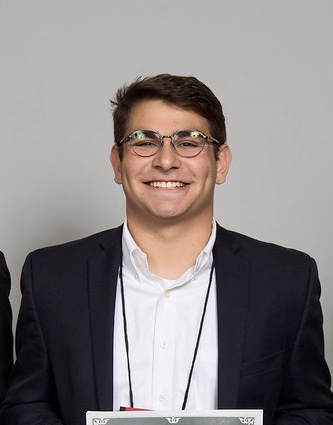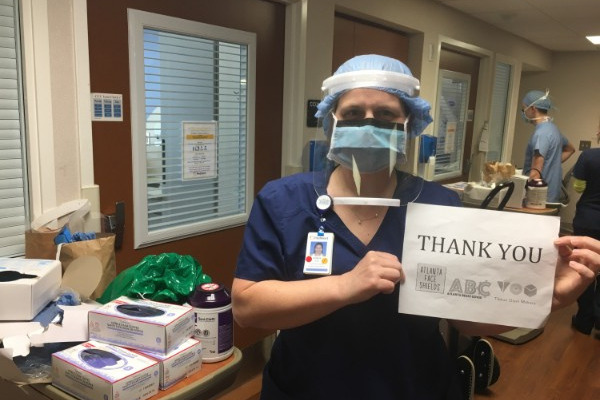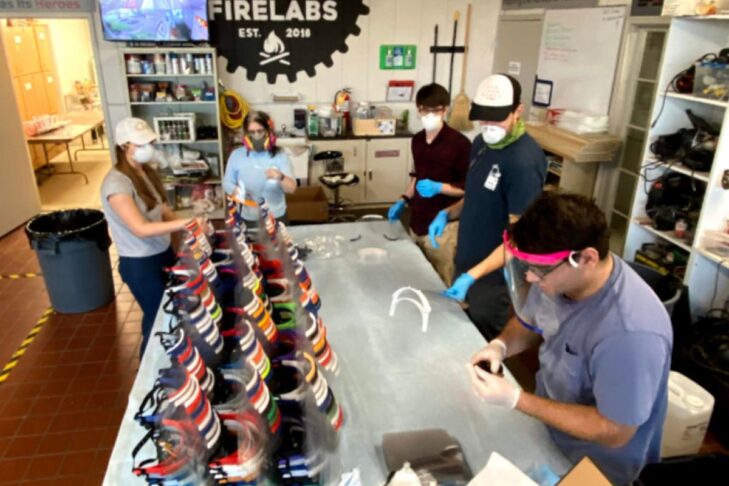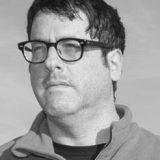A rising sophomore at Northeastern University, Max Seidel found a way to apply his Jewish values to one of the COVID-19 pandemic’s key challenges.
When students were sent home from campus in March, the 19-year-old said he “felt bad staying at home not doing anything.” After taking stock of what his local Atlanta hospitals needed, Seidel realized he could use his 3D printing and laser-cutting skills to make medical masks.

One month later, Seidel’s Atlanta Face Shields has made 2,100 medical-grade reusable plastic face shields. The project has raised $22,000, including donations from Coca-Cola and other corporations.
After lining up volunteers with printer farms and others willing to help, the team assembles several hundred Prusa 3D printable face shields in marathon sessions. The masks are delivered to hospitals immediately.
During mask-making sessions, headbands are checked for quality control while the laser-cut face shields are lined up to be submerged in isopropyl alcohol for disinfection. Seidel and his team are responsible for the sterile environment and ensuring the masks meet specifications.
“We are ready to meet as much demand as comes in,” said Seidel. “My motivation is that we are doing really good work and we know the people we are helping.”

Back at Northeastern, Seidel made his initial foray into Jewish life through an IACT Birthright Israel trip in December. According to his campus IACT coordinator, Shira Hartman, Seidel was an important trip participant.
“He was always there for students if they needed help, helping people with their suitcases and on hikes,” said Hartman. “He lifted the spirits of the whole bus.”
Since that Birthright trip, Seidel helped the Hillel staff teach a “tikkun olam” series for Birthright alumni. Through that series, students explored the connections between “repairing the world” and community service projects on campus.
Seidel’s lecture was about Tikkun Olam Makers, an Israeli organization that convenes teams of engineers, occupational therapists and other specialists who are assigned to come up with solutions to everyday problems. Along with one of the group’s managers, he taught students about the model and invited them to get involved.
Seidel’s face shield project was a response to a call for “Rapid Response Makers” put out by Tikkun Olam Makers. Among the products, software and infrastructure needed around the world to battle COVID-19, reusable face shields figured prominently.
Tikkun Olam Makers’ “open innovation” approach lets teams of people co-design projects for use anywhere. The group is active in 67 communities and 22 countries, and Seidel is opening the first Boston campus chapter.
“My parents raised me with the importance of education and the importance of helping others,” said Seidel.



